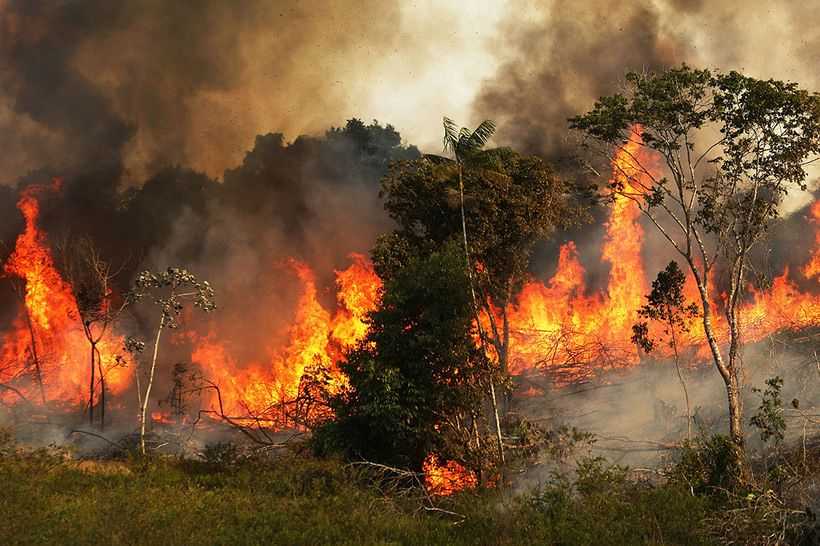As the world grapples with the escalating impacts of global warming, Africa has found itself at a crossroads. Despite contributing the least to global greenhouse gas emissions, our continent is experiencing some of the most severe consequences of climate change. Rising temperatures, erratic weather patterns, prolonged droughts, and devastating floods are becoming all too common, threatening the livelihoods of millions of Africans.
Africa’s climate crisis is not just an environmental issue; it is a pressing human issue. Farmers face failing crops due to unpredictable rainfall and intense heat, putting food security at risk. Coastal communities are witnessing the encroachment of rising sea levels, displacing families and destroying homes. Access to clean water is becoming increasingly scarce, affecting health and hygiene, especially in vulnerable communities. These facts are a stark reminder that global warming is not a distant threat but a present danger that demands urgent action.
But this is not just a story of despair. Africa has the potential to lead the world in climate adaptation and resilience. We are home to vast renewable energy resources, from the powerful winds of the Sahara to the abundant sunshine across the continent. By investing in green technologies and sustainable practices, we can harness these resources to create jobs, boost our economies, and provide clean energy for all.
Our rich indigenous knowledge and traditions offer invaluable insights into sustainable living and environmental stewardship. From traditional farming practices that conserve water to community-led initiatives that protect local ecosystems, African solutions can serve as a blueprint for the world.
However, real change requires a collective effort. Governments, businesses, civil society, and every individual have a role to play in addressing the climate crisis. African leaders must prioritise climate action, investing in renewable energy, sustainable agriculture, and resilient infrastructure. Businesses should embrace eco-friendly practices and innovate to reduce their carbon footprint. Communities need to come together to share knowledge, support each other, and build resilience against climate impacts.
We also call upon the international community to recognise Africa’s unique challenges and contributions. Wealthier nations, having benefited most from industrialisation, must honour their commitments to provide financial and technical support to those most affected by climate change. Global partnerships and cooperation are essential to ensure a fair transition to a sustainable future.
Global warming is not just an environmental crisis; it is a crisis of justice. It is about protecting the rights of people to live in a safe, healthy environment and ensuring a future where every African can thrive. Let this editorial serve as a rallying cry for action—for the sake of our planet, our people, and future generations.
The time for talking is over. The time for action is now. Africa must rise to the challenge, leading the charge against global warming with determination, innovation, and unity. Together, we can turn the tide on climate change and build a resilient, sustainable future for all.


